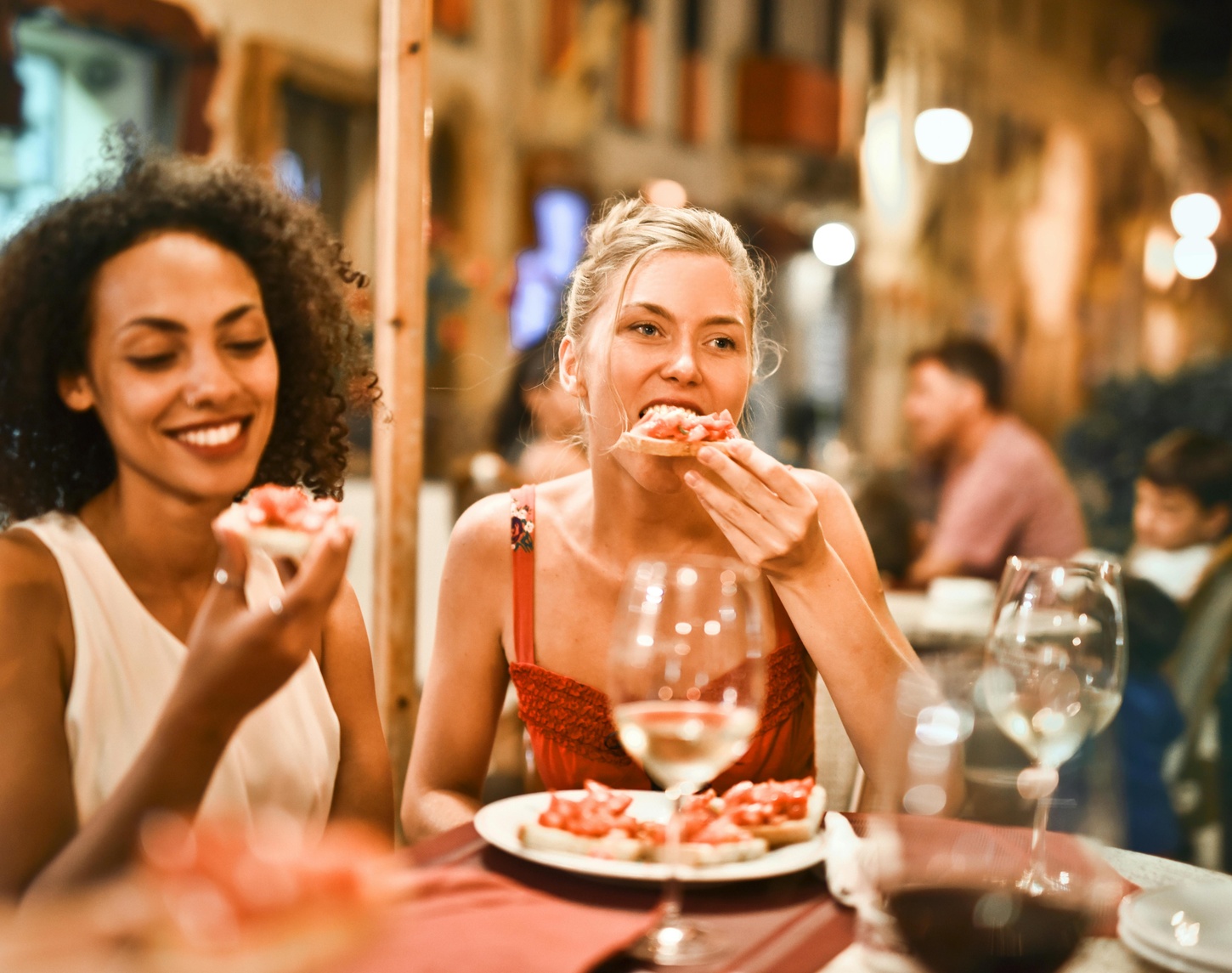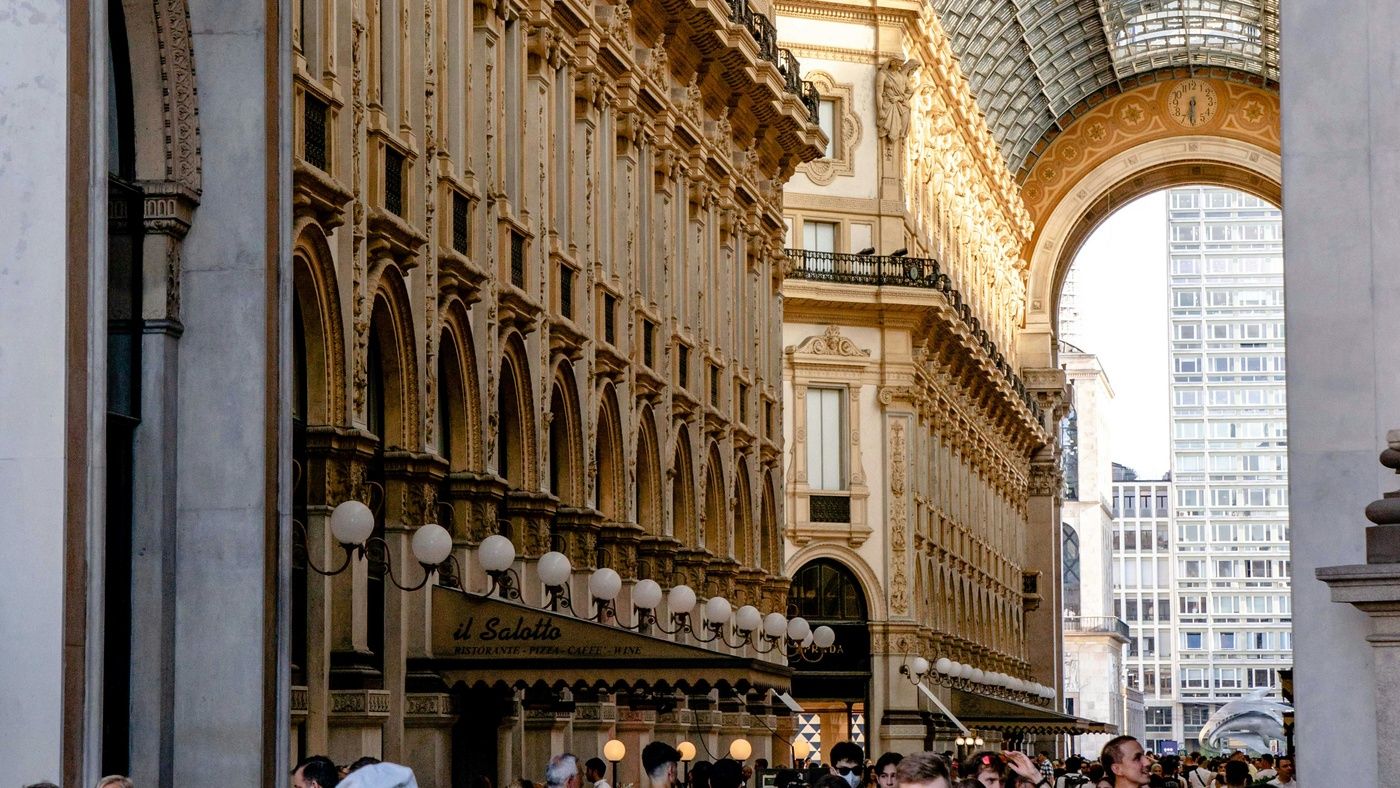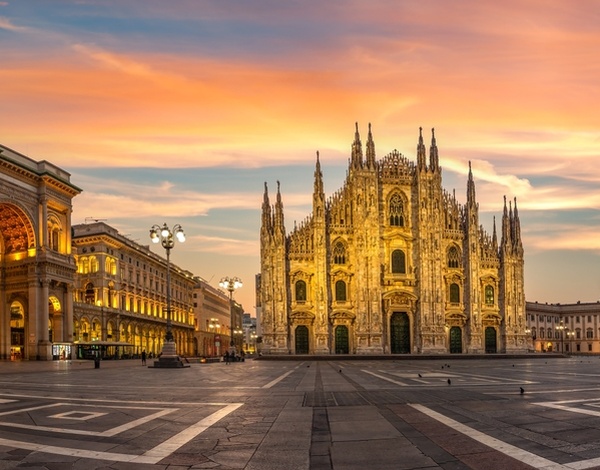Italy is synonymous with good food. In Milan you’ll find that most, if not all, of its Italian supermarkets stock only fresh and locally sourced ingredients. Filled with dedicated pasta aisles and artisan deli counters, you will soon find that supermarket shopping in Italy can be better than a day out to the beach! However, what to expect when food shopping can vary from country to country. So, we have put together a guide on how to food-shop in Italy and what supermarkets you should go to in Milan.
What to Expect
Italians buy food based on its quality and what tastes good. In most supermarkets, big or small, you will find gourmet deli counters of fresh fish, meat, cheese, salads and baked goods. By way of the mediterranean diet, Italians are not huge on processed foods and it’s very rare that you’ll find entire aisles full of cakes, chocolates, crisps and frozen foods. Instead, what you will find is an abundant variety of wine. Italians tend to stock wine that is sourced within a few miles of where it’s grown, helping to save on costs and making for much more affordable wine.
Finding Supermarkets in Milan
The most popular supermarkets in Milan:
- Conad
- Carrefour
- Esselunga
- Coop
Milan’s budget-friendly supermarkets:
- Lidl
- Aldi
- In’s Mercato
- Penny Market
Milan’s quick corner shops:
- Conad City
- Carrefour Express
- Pam City
Popular Food Markets in Milan
Real Italian shopping is done at bakeries, butchers, fishmongers and local markets. Finding the nearest market is a great way to meet locals, strike up a rapport with stall holders and find out the real ways of how to cook authentic Italian dishes.
Mercato Centrale
Mercato Centrale has now become so popular it’s now a tourist hot-spot. The market, located by Milan’s train station, is made up of two floors of 32 artisan food stores. The market showcases a range of cuisines from the Milanese risino classico to chinese ravioli. So, when wanting to explore the broad entirety of Milanese cuisine, Mercato Centrale is our top go-to recommendation.
More Must-Try Markets
- Mercato Agricolo Coperto di Romana
- Mercato Coperto della Darsena
- Mercato Via Fauché
Tips
Familliarise Yourself First – The layout of your new go-to supermarket may be entirely different from your one at home. Naturally, there will also be a lot of brands you may never have heard of before. So, don’t rush into your first shop. Take some time to wander around and discover news foods to add to your shopping list – this is great to do with a friend too!
Budgeting – Italian supermarkets are very reasonably priced and budgeting approximately 50€ a week for food should be all you need. We would also recommend making sure to have a safety net of €20 or so in case you buy the wrong thing or decide to have friends round for dinner.
Bring a Bag – Cashiers may ask you ‘Vuoi una busta?’ or ‘Ti serve una bustina?’, meaning ‘Would you like a bag?’. Grocery bags in Italy cost 5-10 cents apiece. Of course, we all forget to bring a bag from time to time but it’s worth keeping things sustainable and bringing your own when you can.
Use Gloves When Handling Veg – In Italy, it’s important that you use the plastic gloves provided near fruit and vegetable aisles before handling any fresh produce. Cashier desks don’t have any weighing scales, so make sure that you weigh your fruit and veg out at the aisle beforehand. Make sure to use the weighing scales provided, take the printed label and stick it to the item directly or on its plastic bag.
Loyalty Cards – The secret to spending less on your supermarket shop is to sign up for your supermarket’s loyalty card. All chain supermarkets in Italy have great loyalty schemes with lots of exclusive discounts. To name a few there is the: Lidl Plus App, Esselunga’s Fidatì card, Conad’s Carta Insieme card, Conad’s Hey Conad app and Carrefour’s Club card. Most of these loyalty schemes are free and easy to sign up to, but some may ask you to pay a small sign-up fee.
Make Food-Shopping Easier with These Apps
Everli – Everli is an easy-to-use online supermarket delivery service. If you are struggling to squeeze in a food shop amongst your tight student schedule, Everli allows you to order items from any store in Milan at no added cost.
Glovo – The Italian equivalent of Uber Eats, Glovo began as a takeaway delivery app which now allows you to order not just from restaurants but also supermarkets, pharmacies and florists.
Too Good To Go – Too Good To Go is an effective and sustainable way to save money on your weekly food-shop. Simply place an order with your favourite store and receive a discounted surprise bag of items that otherwise would have gone to waste.
Adavantages of Self-Catered Accommodation
Our student residence in Milan is self-catered. Students have the freedom to shop and cook whatever they like to their own schedule. Self-catered accommodation comes with many other advantages too:
Social life: For the most part, socialising revolves around food. Having your own kitchen means that you are free to invite friends over, cook and host dinner parties together.
Time management: Sticking to a student schedule can be pretty tricky. Self-catered accommodation means that you can have the flexibility to eat around that schedule at whatever time suits you
Cooking skills: University is a time where your independence really grows. Having your own kitchen gives you the chance to experiment with new cuisines and gain some real cooking skills.
Budgeting: Having your own kitchen means being in charge of your own shopping list. This is great for giving you the opportunity to save and splurge on items wherever you’d like to.
At Collegiate, we provide our students with self-catered accommodation and the option of openly using our bar and resident lounges. That way, you can have both the freedom of cooking for yourself and the option of enjoying breakfast or aperitivo in our common eating areas.











